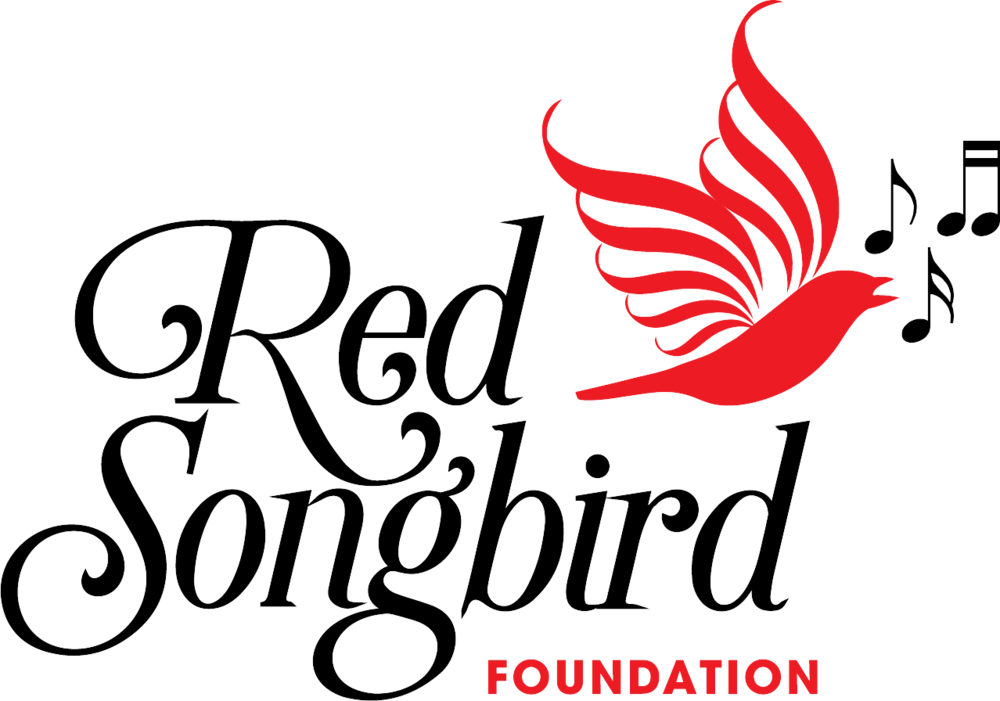The Stages of Change
The Stages of Change
By Jaana Woodbury, CADC-I, CCAR
How people move from one potentially destructive behavior to another has fascinated psychologists for a long time. It can hard to tell where your loved one may be. What we know about addiction is that the thought process can be harmful and impulsive, so although someone may want to change, their decisions may not always align.
Here are the five stages of change and an example of a treatment goal for each.
Precontemplation – The “not ready” stage. Here, someone isn’t really considering changing their behavior.
Treatment Goal: Therapy would attempt to show the problems they are having and linking those problems to the addiction.
Contemplation – Called the “thinking about it stage.” While not yet focused on practical methods, the patient is at least considering what it would mean to live without the addiction.
Treatment Goal: This is encouraged by getting them to explore what their addiction means and what it would be like to be healthy instead.
Preparation/planning – This stage is a “get ready” with a clear goal to quit in the near future.
Treatment Goal: Therapists will try to make the quit date and plan as concrete as possible by helping meet objections and preparing the addict for what is to come.
Action – This is the follow-up to the plan where stopping actually happens.
Treatment Goal: To stick with their commitment, patients should be encouraged and reminded of their goals and reasons for quitting.
Maintenance – One of the most difficult stages, maintenance requires an ongoing battle to stick with the new behavior and keep the old away.
Treatment Goal: Fighting temptation and reinforcing the positive aspects of the new way of living is the focus here.
These are the five main stages, but two others are sometimes mentioned as part of the process. The first is relapse, which can occur at any point and means slipping back into a previous stage. The second is a “transcendental” stage that is the result of long term, successful maintenance. With the transcendental step, addicts are no longer expending much effort to keep their behavior under control. In this last stage, the new behavior/habit has become the norm and for all intents and purposes, change is complete.
Being aware of the stages of change can support loved ones in navigating how to introduce treatment options and intervene. To learn more, reach out to contact@redsongbird.org.
-Jaana Woodbury
Published February 15, 2022

